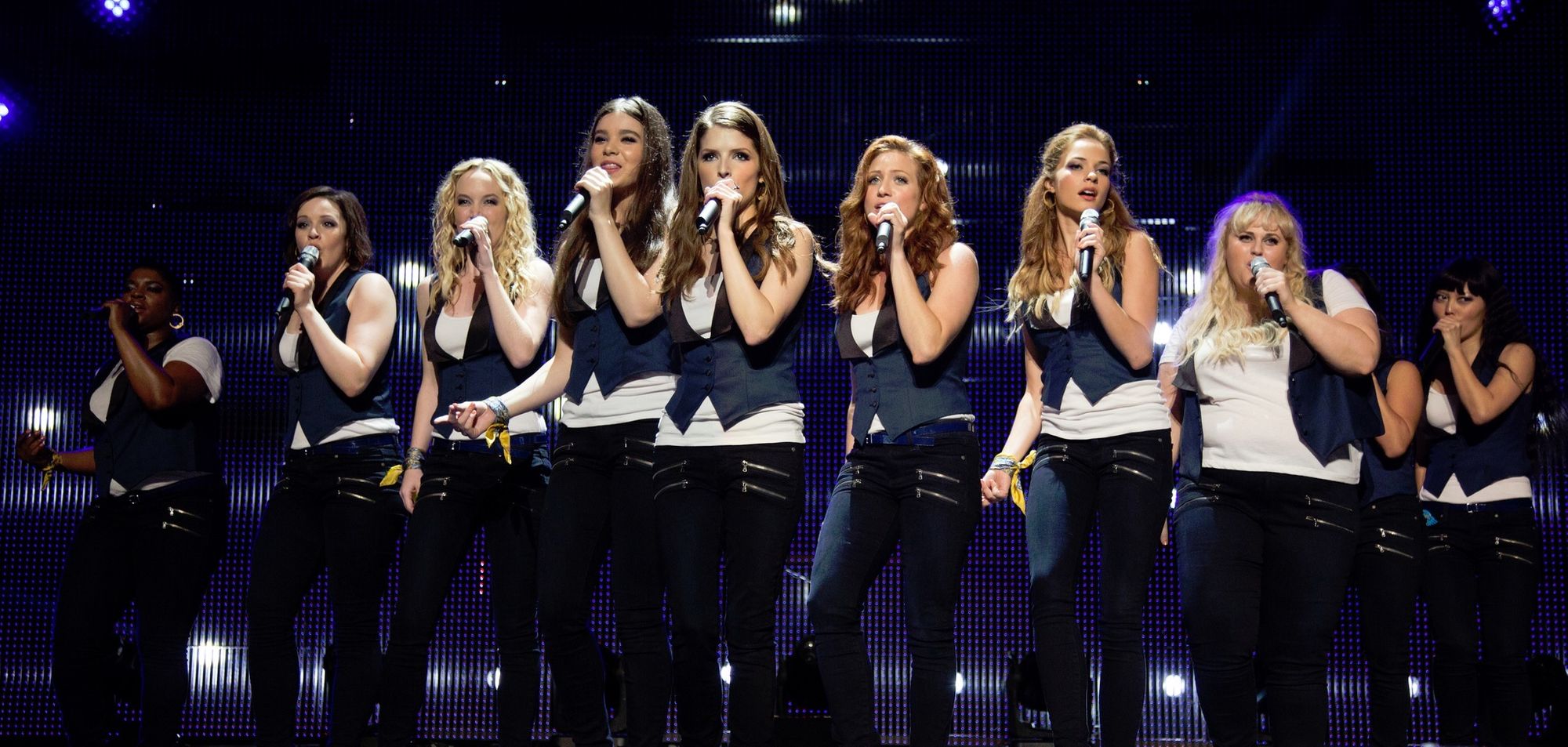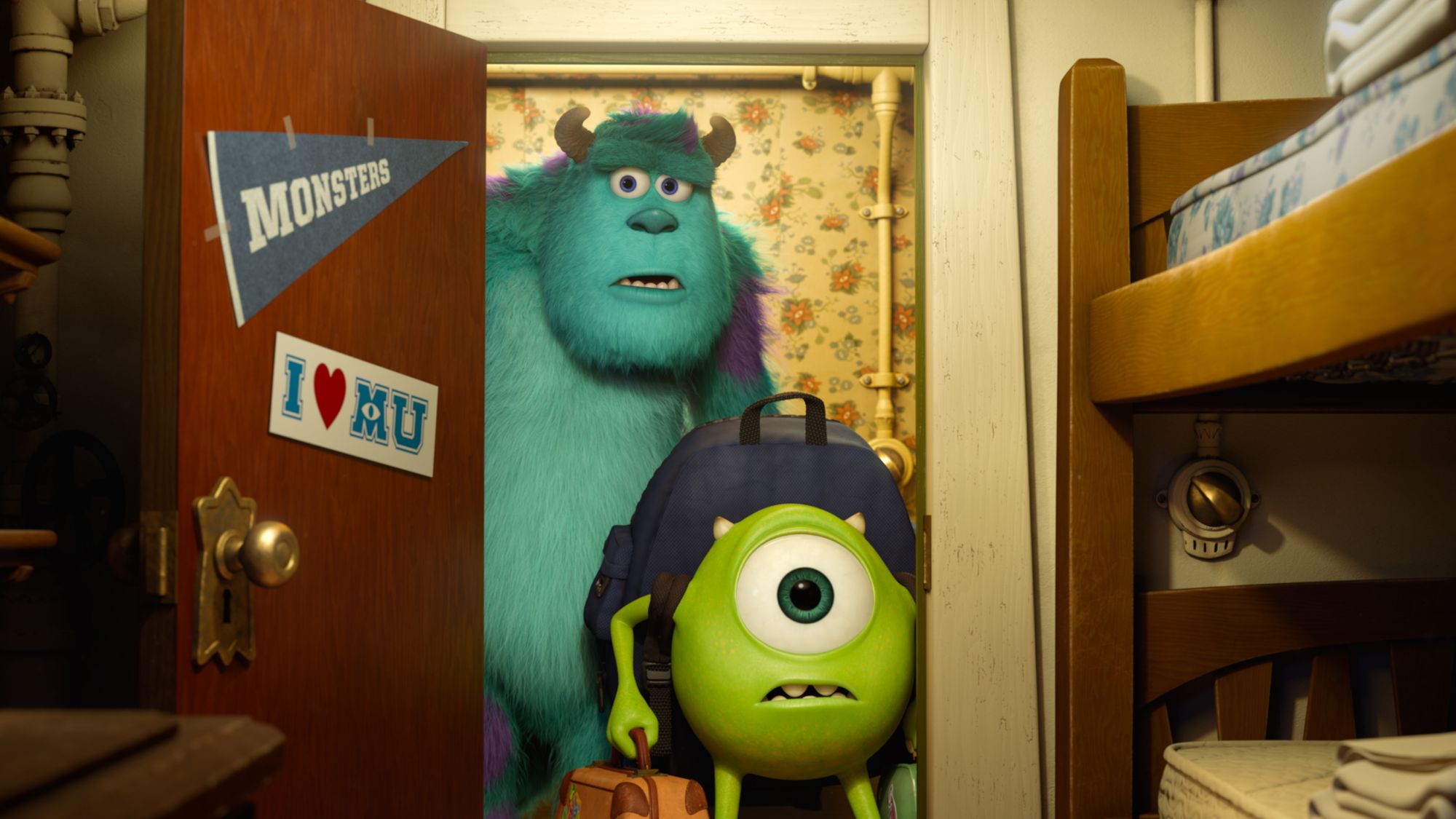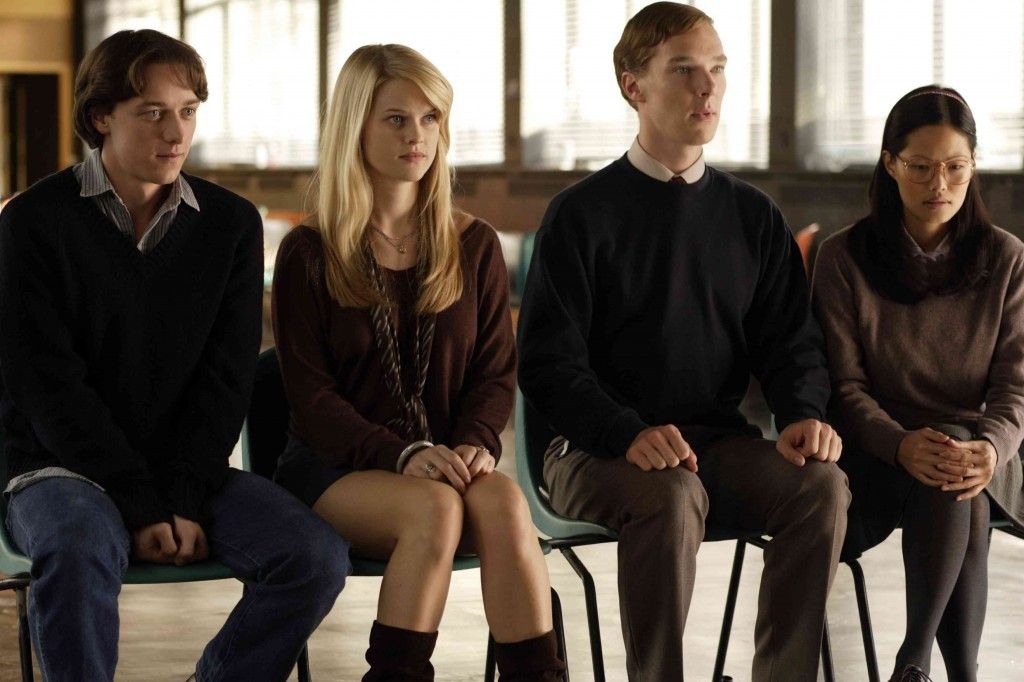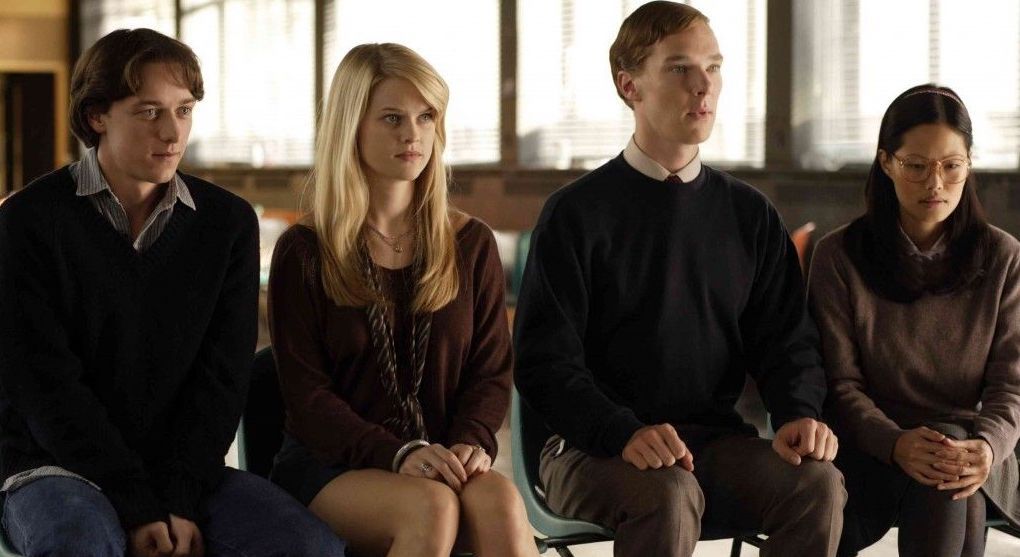By Meghana Krishnamurthy, Second Year, Film and Television
Which is more realistic? American made films, showing us vivacious college life where you walk around undaunted with thousands of friends on your arm, or the more subtle British productions, giving us second year students a pleasant nostalgic view of the true struggle during freshers to stand out from the crowd?
Realism as a trope is rarely seen in Hollywood productions, especially social realism, and the ‘kitchen-sink’ genre, which is often known as the most ‘typically British’ of all film genres. Filmmakers like Ken Loach and Francis Lee have firmly rooted that identity in British cinema.
Meanwhile, on the other side of the Atlantic, films are audience driven, meaning emotional dramas are mostly preferred: escapism is a major factor. Thus, this diverts Hollywood films from showing mostly truthful depictions of life on screen. Now, the stereotype definitely lies within the Hollywood film, following the formula that’s been tried and tested countless times – that university is all about the social aspect.

My memory strongly hinges on going to see Pitch Perfect 2 (2015) in the cinema with my friends, chattering about how excited we were to see a capella, which at the time, we felt was the coolest society that could exist at university. In reality, the stall at the Fresher’s Fair – the highlight of fresher’s week – was practically empty, even though the entire population of students were milling about under the marquees to escape the torrential Bristol rain that hit us that day.
By being subjected to such films even before entering high school, I felt like I had a pretty good idea of what to expect when I stepped past the university gates on my first day as a student. It came as a surprise when I realised that I didn’t enjoy going out as much as my flatmates, with whom I had hoped to become best chums.
Instead, I chose to focus a little more on the academic side, and make sure I got my money’s worth from my lectures. In contrast, we see next to nothing about classes, lectures, and studies in Pitch Perfect (2012), which definitely delivers a very skewed perspective of how college life is supposed to be, and unfortunately falls into the ditch of the genre-specific college trope.
However critically I choose to look at Pitch Perfect, for it is after all an American film, I still cannot discount the fact that it is quite realistic in its representation of orientation week. Beca Mitchell isn’t just an introvert at the beginning of the film, but the splitting image of those new students, who don’t feel the need to party all night, and instead maybe keep to themselves.

Furthermore, the film gives importance to the Welcome Fair (or equivalent), where Beca wanders around the society stalls experiencing cringey, albeit slightly anti-Semitic humour.
Monsters University (2013) achieves a remarkable level of realism, even though it is the most adventurous university-set film to exist. As Pixar is unbeatable at world building, it is unsurprising that they nail the student atmosphere inside the campus; the awe and nervousness of Mike’s first lecture; or even the giddy smile on his face when he meets Randall, his roommate.
Taking into account that it is made by Pixar, the ‘realism’ weaves through the film in an unusual way, as an entire world filled with monsters harvesting the screams of children, is definitely not something we would hope to even see on another planet in our solar system.
And this is what makes the element of realism so much more tantalising to watch. It’s finding relatable college life in little nuances throughout the film, which contribute to a feeling of realism in an animated film.

After entering university and really getting into the content covered through my film course, I had my eyes opened to more diverse types of films and filmmaking, and eventually, was introduced to the social-real genre of British cinema. Starter for 10 (2006) has a reputation for being an accurate portrayal of the awkwardness, and this could be because it is adapted from the novel of the same name by David Nicholls.
Call me a James McAvoy fan, but this film holds a stark difference to the others previously discussed, especially because it’s been told through the eyes of someone who’s gone to university and can relate to Bryan.
Maybe not with the vicar costume though. Starter for 10 clearly doesn’t aim to glorify the university stereotype. Bryan tries to attend parties like everyone else does, chat with like-minded students, and eventually realises that it’s not how he thought it would be.
Sometimes, the stereotypical Hollywood trope is unavoidable, and I will admit that I enjoy watching the Pitch Perfect franchise films, even if they don’t achieve that level of reality. It’s like the love-hate relationship with rom-coms; you can’t watch too many of them.
Featured: IMDb
What's your favourite university film?







